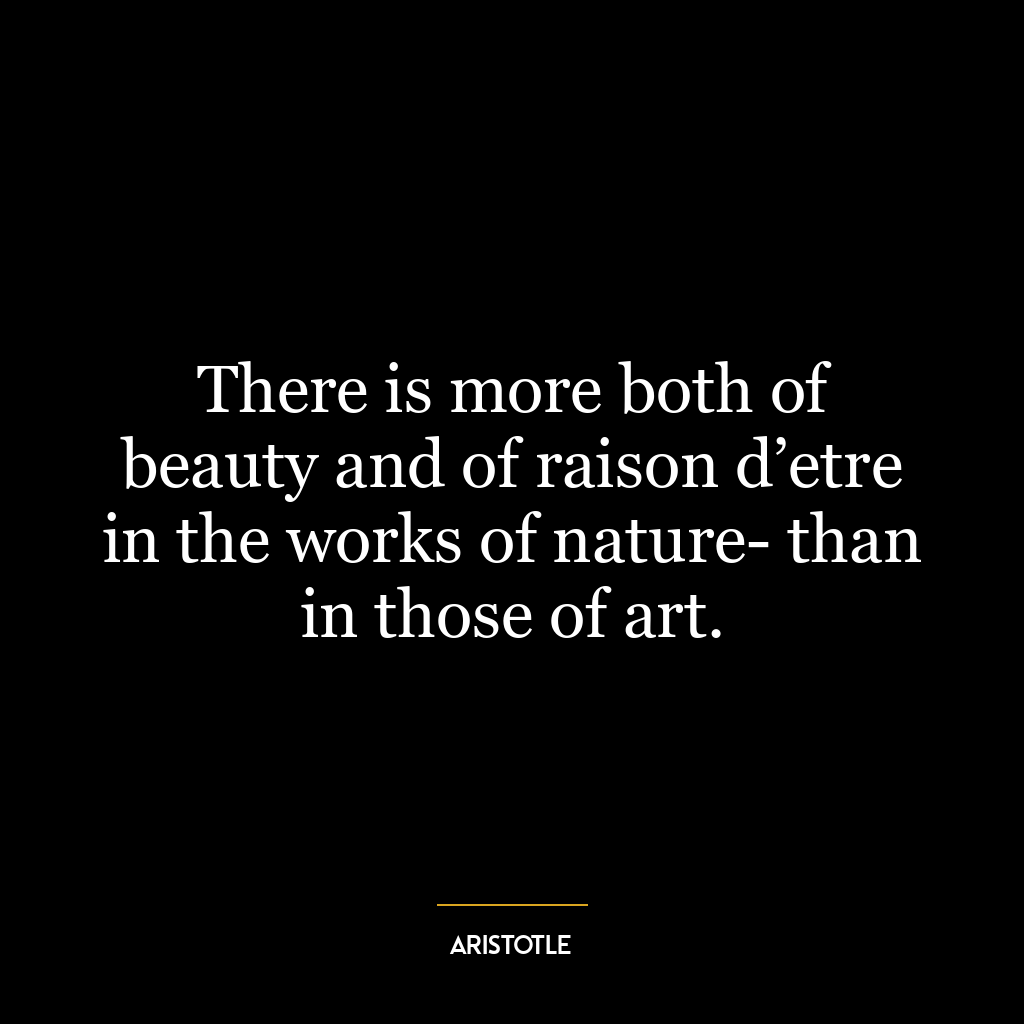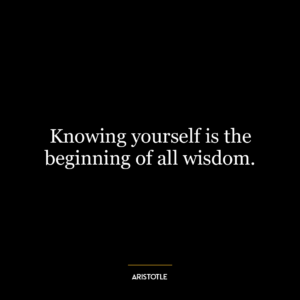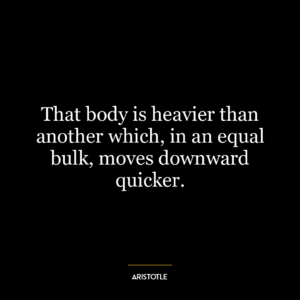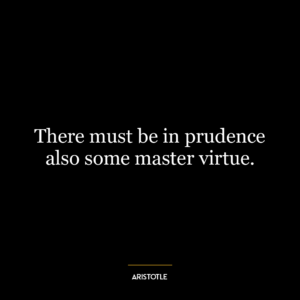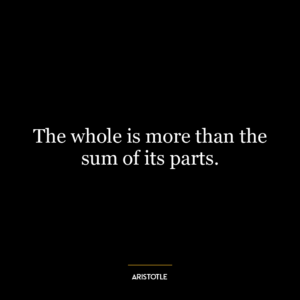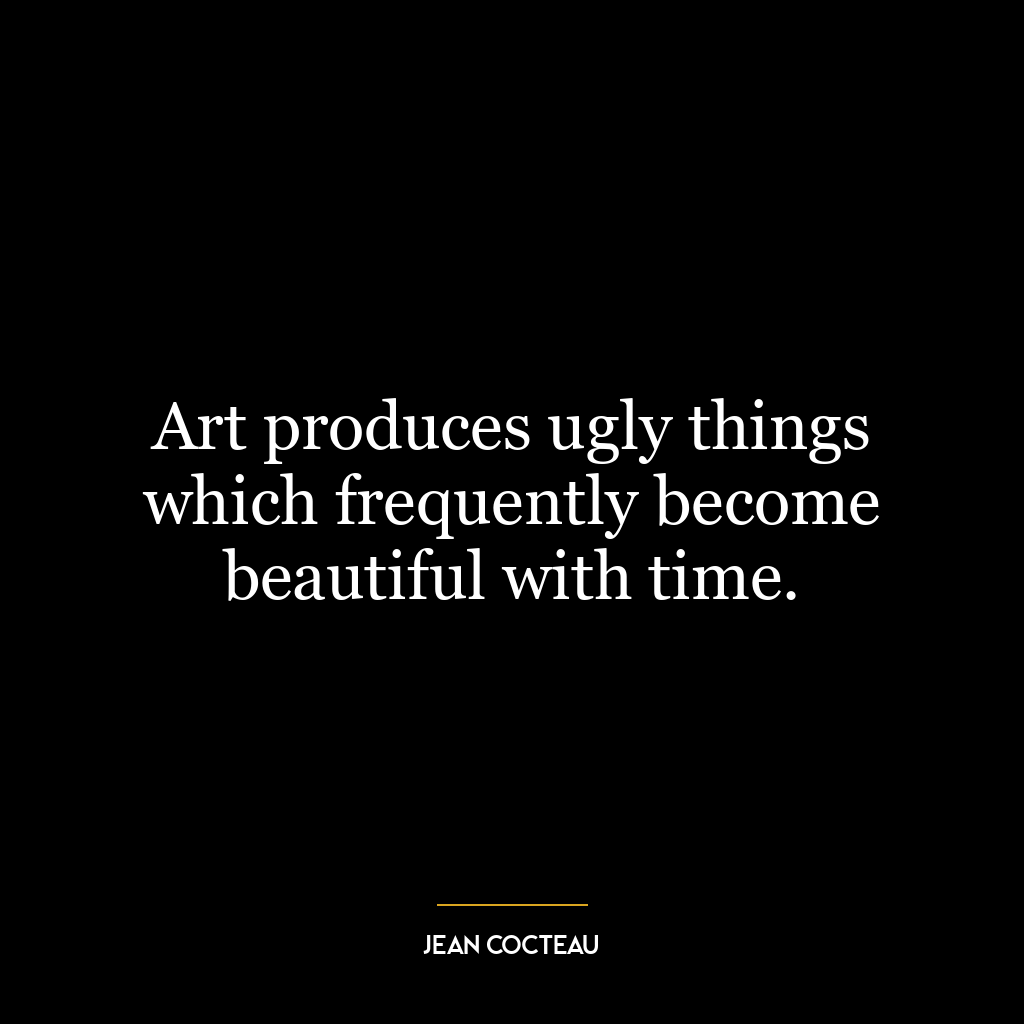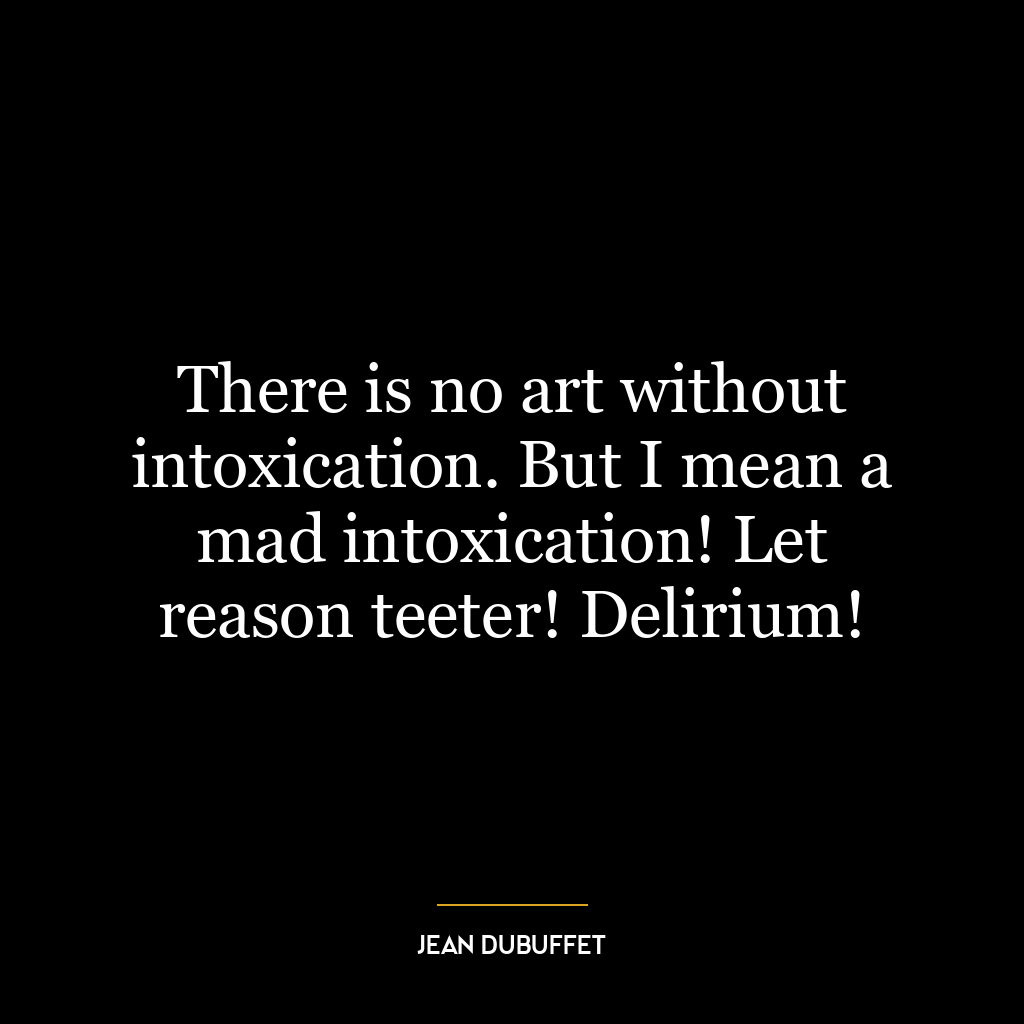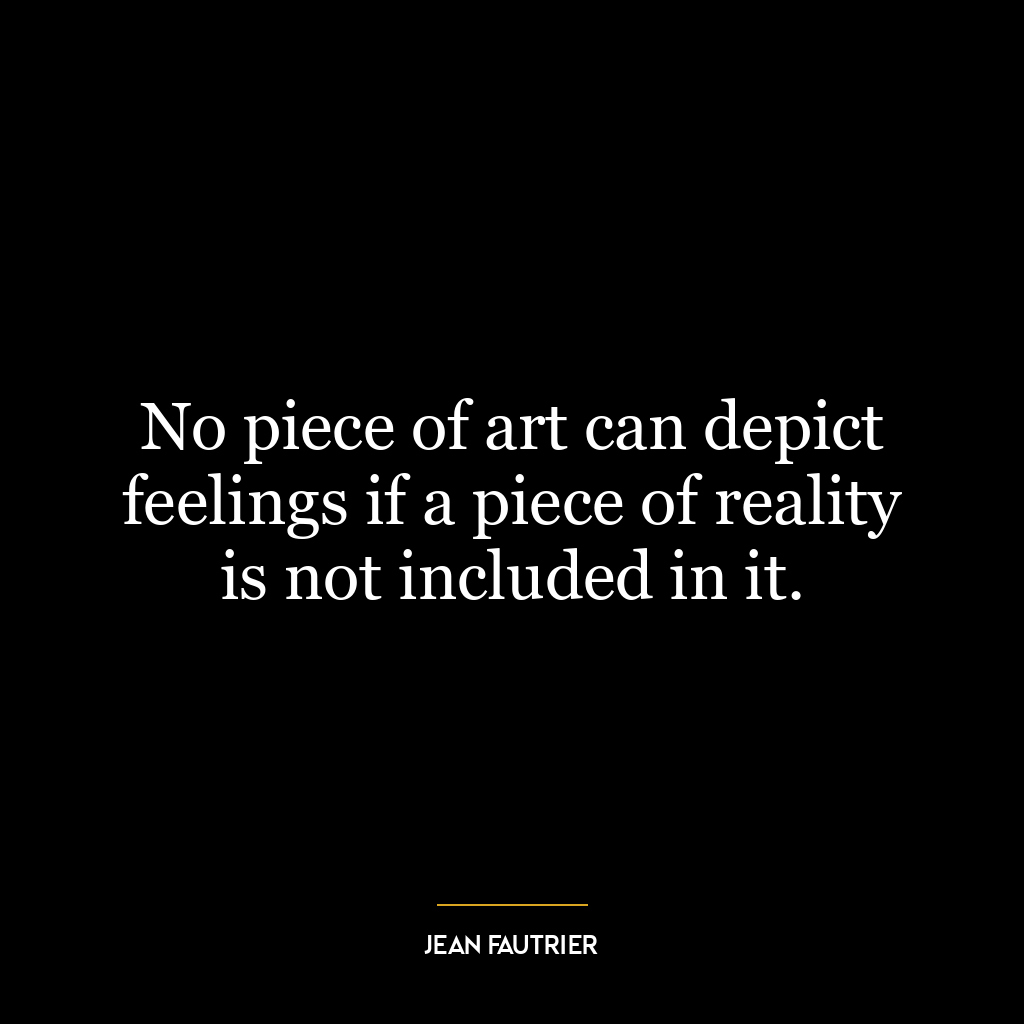This quote by Aristotle suggests that the creations of nature hold more beauty and purpose (raison d’etre translates to ‘reason for being’) than those of human artistry. It emphasizes the inherent, unadulterated beauty found in natural phenomena and their inherent purpose or function, which, according to Aristotle, outshines even the most masterful human creations.
The quote encourages an appreciation of the natural world, implying that it is more authentic and purposeful than human-made art. While art can be beautiful and meaningful, it is ultimately a human interpretation or representation of reality. In contrast, nature is reality itself – it is raw, unfiltered, and unaltered. Its beauty is not crafted or contrived; it simply is. Similarly, everything in nature serves a function, contributing to the larger ecosystem in ways that human art cannot.
In today’s world, this idea could be applied in many ways. In the context of environmental conservation, it underscores the importance of preserving the natural world, which holds an intrinsic beauty and purpose that human creations cannot replicate. It suggests that we should value and protect nature for its own sake, not just for its utility to humans.
In terms of personal development, this quote could inspire a greater appreciation for the natural world and a deeper understanding of our place within it. It encourages us to seek beauty and purpose in nature, rather than relying solely on human-made constructs. This could lead to a more grounded, holistic perspective on life and a greater sense of connection to the world around us.
Additionally, it could also be interpreted as a call to embrace authenticity over artifice in our own lives. Just as the natural world is more beautiful and purposeful in its raw, unaltered state, we too might find more beauty and meaning in being true to ourselves, rather than striving to meet artificial standards or expectations.

